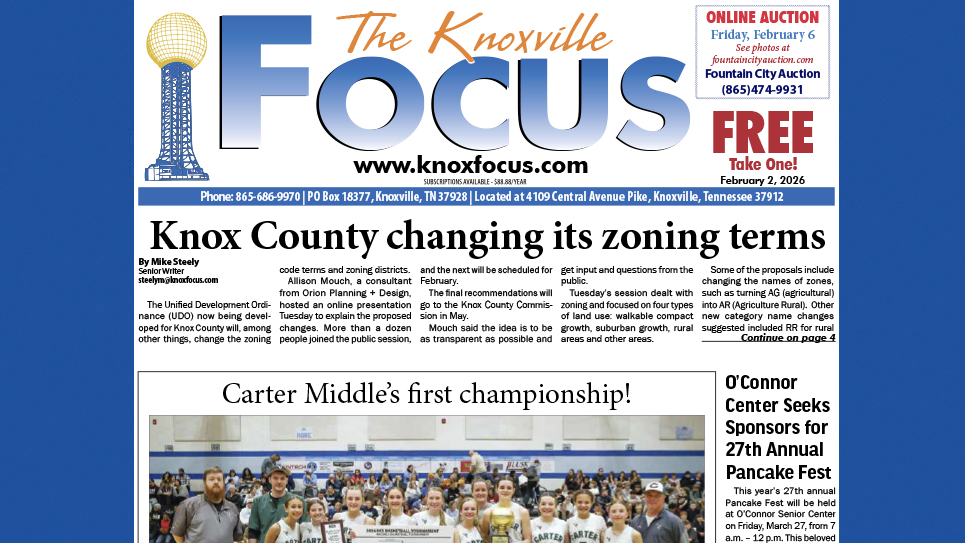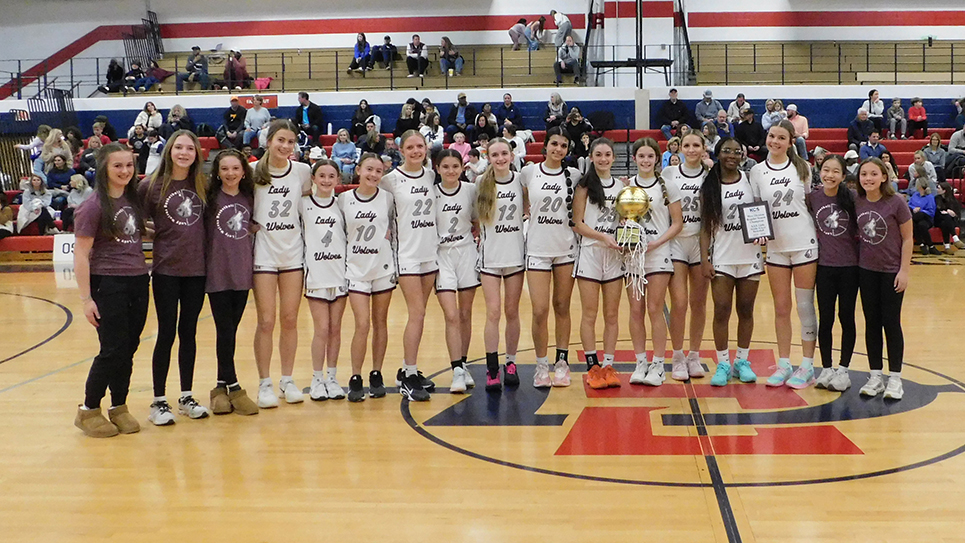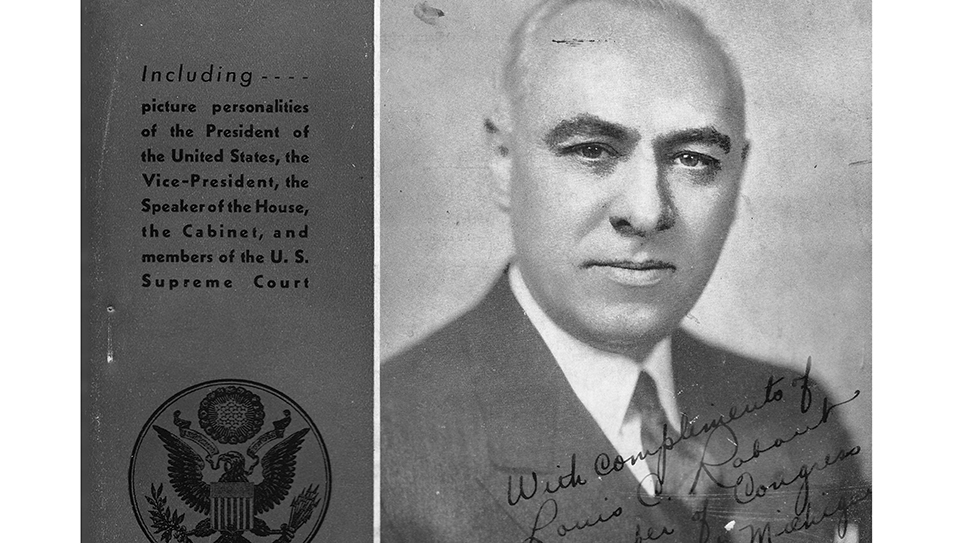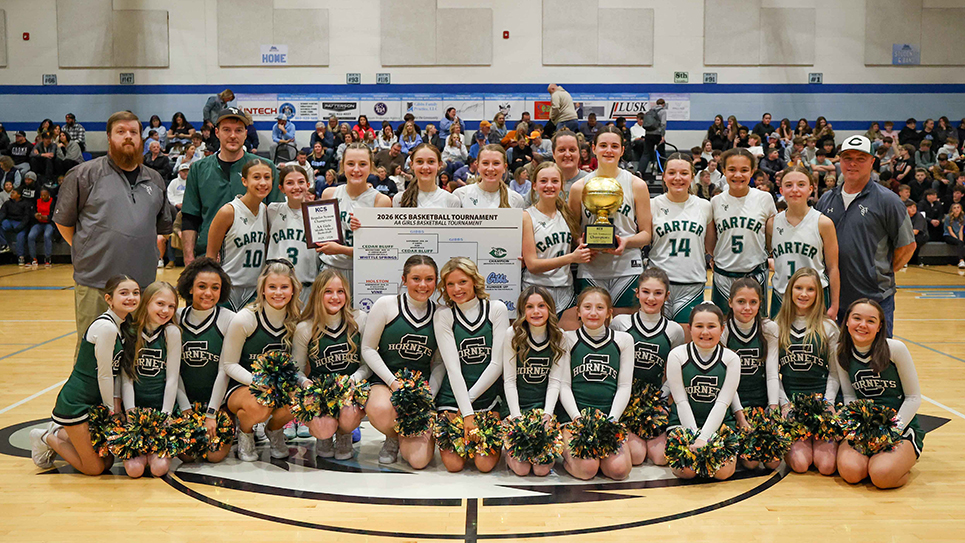Tennessee Governor Bill Lee today signed Executive Order No. 59 to extend certain, targeted provisions of Executive Order Nos. 36, 38, 49, 50, 54, and 55 through September 30, 2020 to facilitate the continued treatment and containment of COVID-19 through regulatory flexibility, promoting social distancing and wearing face coverings in public places, and protecting vulnerable populations.
Gov. Lee also signed Executive Order Nos. 60 and 61, which extend through September 30 provisions that allow for electronic government meetings subject to transparency safeguards and remote notarization and witnessing of documents, allowing for implementation of best practices developed during COVID-19 for providing live broadcasts of electronic meetings and safely conducting in-person transactions, respectively, beginning October 1.
Executive Order No. 59 extends previous provisions that:
- Urge persons to wear a cloth face covering in places where in close proximity to others, while facilitating local decision-making concerning face covering requirements;
- Urge social distancing and limit social and recreational gatherings of 50 or more persons, unless adequate social distancing can be maintained;
- Limit nursing home and long-term-care facility visitation, while providing a framework for safe, limited visitation, and continue the closure of senior centers;
- Provide that employers and businesses are expected to comply with the Governor’s Economic Recovery Group Guidelines (e.g., Tennessee Pledge) for operating safely (the 6 counties with locally run county health departments have authority to issue different directives on businesses/venues);
- Provide that bars may only serve customers seated at appropriately spaced tables and must follow the Economic Recovery Group Guidelines (e.g., Tennessee Pledge) for restaurants (the 6 counties with locally run county health departments have authority to issue different directives on businesses/venues);
- Continue access take-out alcohol sales to encourage carryout and delivery orders;
- Allow broad access to telehealth services;
- Increase opportunities for people to easily join the healthcare workforce;
- Facilitate increased testing and health care capacity;
- Extend deadlines and suspend certain in-person continuing education, gathering, or inspection requirements to avoid unnecessary person-to-person contact; and
- Increase opportunities to work remotely where appropriate.
Executive Order No. 60, as previously extended by Executive Order No. 51, is extended through September 30 and allows governing bodies to meet electronically regarding essential business as long as they provide electronic access to the public and meet the safeguards established in that order to ensure openness and transparency. The order ensures that governmental entities are able to carry out essential business in a safe, transparent way without creating large gatherings in a confined space and endangering persons, particularly those at increased risk of suffering severe illness from COVID-19, while requiring that governing bodies transition toward adopting best practices developed during the pandemic, like providing real-time, live public access to electronic meetings, beginning October 1.
Executive Order No. 61, as previously extended by Executive Order No. 52, is extended through September 30, and allows for remote notarization and remote witnessing of documents, subject to compliance with certain procedures. The order ensures that persons, and particularly populations especially vulnerable to COVID-19, including older adults and persons with compromised immune systems or serious chronic medical conditions, can continue to engage in commerce and execute legal documents without requiring in-person contact while also making preparations to implement best practices for a safe return to in-person transactions beginning October 1.
The full executive orders can be viewed here.






